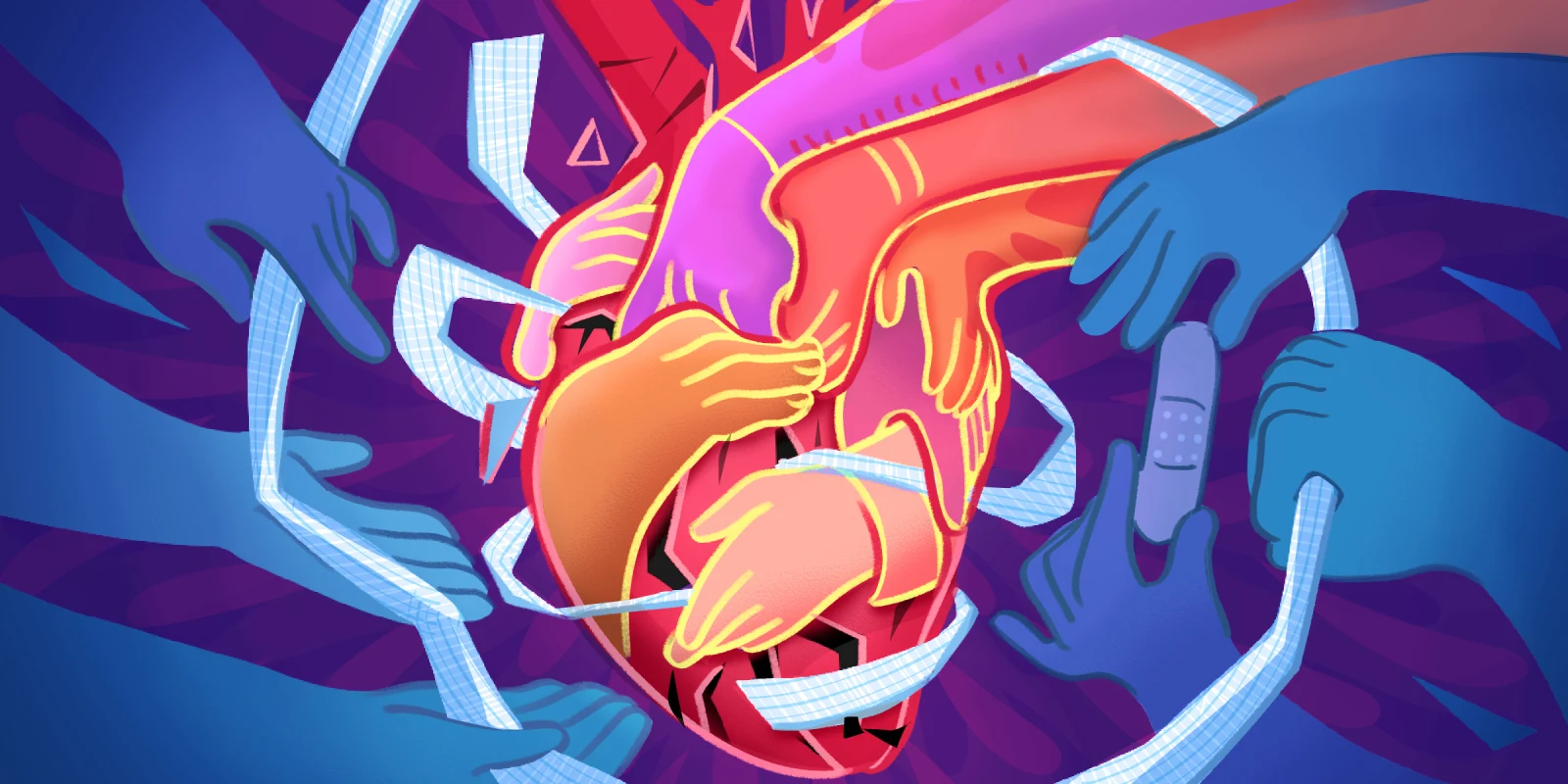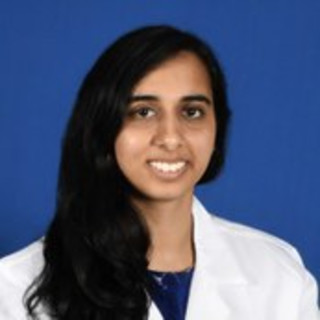“Doctor, you did an amazing job with my surgery! I’m so happy! I only want you to operate on my next eye!” said Ms. Lawrence.
“Thank you so much, you’re a great patient,” I replied with a smile, hardly able to control my excitement at the fact that her surgery had been my best one yet.
“Your parents must be very proud to have a daughter who does so much good. God bless you,” she finished.
Ms. Lawrence’s words of affirmation at the end of what had felt like my longest week of residency put me on the moon. My co-resident had called out sick with the coronavirus, leaving me the only resident working at our offsite hospital. Though our program had been very supportive about down-booking the number of patients we needed to see, the week was intense and exhausting. I felt like I had suddenly catapulted to the rank of senior resident in the midst of my second year. Ms. Lawrence’s reactions and encouragement made me feel like it was all truly worth it, that this had been a culmination of my work and training over the last few years, and that I could help restore someone’s sight to a level they may not have had in years.
In medicine, it is sometimes easy to forget why we are here. The job is intense, filled with paperwork, insurance issues, demands to see more patients, and frustration. For most of us, we chose the profession because of our drive to help people, but dealing with the level of bureaucracy in the current system can make us feel like we are not able to make patients our primary concern. Moments like the one I shared with Ms. Lawrence bring me back to my original purpose and renew my drive to keep going, to keep improving my own skills for my patients.
In a similar vein, kindness between colleagues in medicine can encourage us to keep going and reminds us that we are a team. The COVID-19 pandemic created a new level of respect and awareness among healthcare professionals. Clinicians put their lives on the line every day, even before the COVID-19 era. Every healthcare professional —doctors, nurses, technicians, paramedics — has their stories, but the pandemic has caused me to marvel at the bravery of my own colleagues. At the bravery of the nurses who move intubated patients who cannot move themselves. At the courage of the respiratory therapists who adjust the tube in the mouths of ventilated COVID-19 patients. At the willpower of paramedics, who physically go into the homes of sick patients who do not yet have a diagnosis and carry them to the hospital.
In the hospital, too, this new respect is very apparent. The way that my colleagues in the ER consult with me now, and the trust that they put in my triage expertise of patients with ocular complaints, has completely changed. My own admiration for my friends in the ER has increased infinitely as they deal with the constant threat of infection from sick COVID-19 patients. The goal in the hospital has become not only to help the patient but also to help each other. Every person is engaging in more teamwork, and more kindness and respect, in facing these new challenges.
As a resident ophthalmologist, I love helping people regain their sight. It is so meaningful to help a patient who was previously debilitated regain function. Ultimately, we do not do our jobs to be appreciated, we do our jobs to help our patients live healthier lives. But when we are appreciated, it motivates us, drives us, encourages us to work harder, and to be better doctors — better for ourselves and for our patients. It feels good to be seen, to be heard, to be understood; it feels good for hard work to be appreciated.
In medicine, we are often taught that compassion is the most important aspect of caring for patients, but we mustn’t forget that compassion towards one another is equally important. Clinicians often experience burnout at high rates, not just because of the immense workload and time commitment, but also because of the type of work we do. We are the ones who see patients in their most raw states. We are often the targets of their anger. We are often the ones to break earth-shattering news and then share a patient’s sadness. We are the ones who feel the frustration of being unable to help a sick patient who cannot help themselves. In such a high-stress environment, any act of kindness or encouragement can help.
Have you experienced any unexpected and positive byproducts of practicing medicine in a pandemic? Share your thoughts in the comments.
Dr. Karani is an ophthalmology resident at the Columbia University Medical Center in New York City. She completed her MD/MPH at Johns Hopkins University School of Medicine and is passionate about taking care of patients and understanding their stories, solving public health issues affecting underserved populations, and writing about her experiences. She is a 2020–2021 Doximity Op-Med Fellow.
All names and identifying information have been modified to protect patient privacy.
Click here to see more perspectives on COVID-19 from the Doximity network.
Click here for up-to-date news about COVID-19 on Doximity.
Illustration by April Brust







